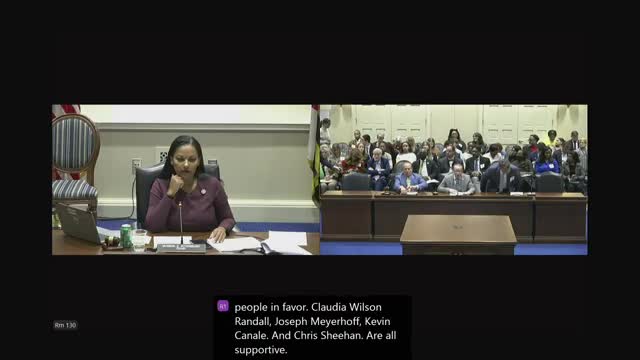Article not found
This article is no longer available. But don't worry—we've gathered other articles that discuss the same topic.
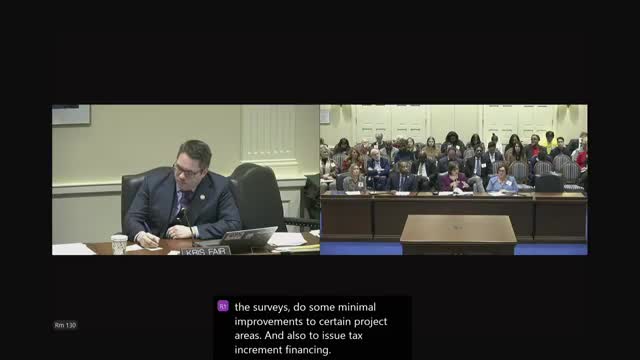
Panel urges creation of Baltimore Convention and Tourism Redevelopment Authority to modernize center, expand bookings and capture local benefits
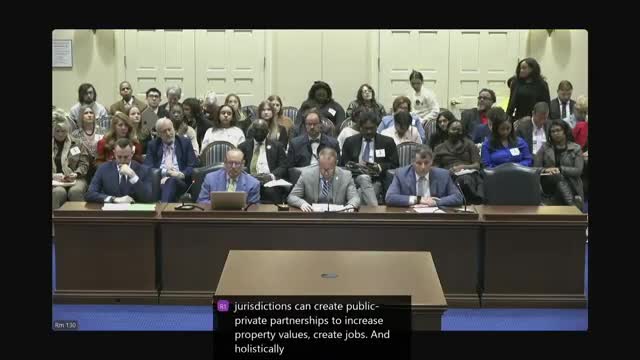
Lawmakers consider extension of Maryland Innovation Initiative to Bowie State and Frostburg State to boost regional entrepreneurship
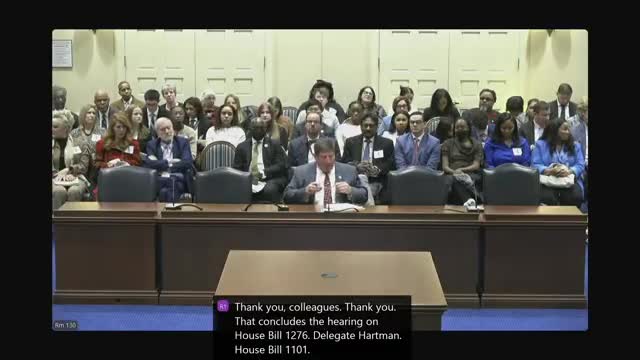
Delegate Hartman urges phased cut in Maryland corporate income tax to boost competitiveness; opponents question timing amid budget shortfall
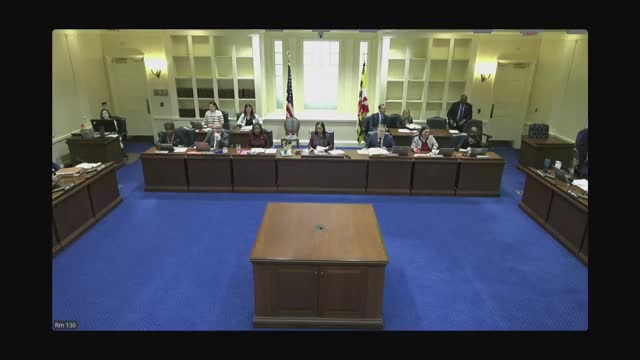
Delegate Fisher pitches 'No Income Taxes on Tips' bill, sparking debate on equity and administrative questions
